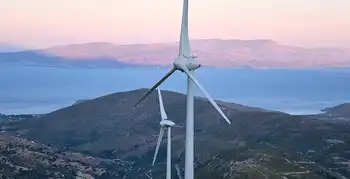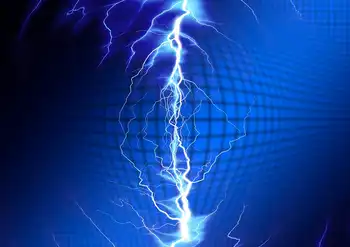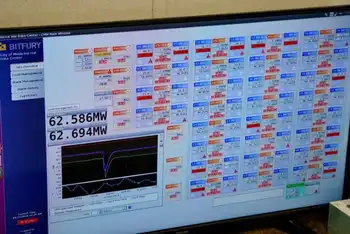212 million smart meters by 2014: report
SCOTTSDALE, ARIZONA - “Smart” electricity meters, which enable two-way communication between the meter and the utility, and may enable greater consumer control over consumption, are being deployed at an increasing pace, especially in North America and Europe.
According to a new study from ABI Research, the number of smart electric meters deployed worldwide will rise from a 2009 level of 76 million to reach about 212 million in 2014.
Practice director Sam Lucero says, “As momentum for infrastructure renewal grows, a number of factors are driving the process. High on the list are government regulators. In the U.S., $3.4 billion in federal economic stimulus funding was directed to smart grid development in November 2009. The Energy Independence and Security Act of 2007 directly encourages smart grid technology adoption by the states, and funds NIST’s efforts to develop a standards-based technology framework to facilitate smart grid adoption.”
For its part, the EU recently enacted a “Third Energy Package” in September 2009 which aims to see every European electricity meter “smart” by 2022.
There are also tantalizing hints of a massive upgrade in China. “Although nothing is confirmed,” notes Lucero, “it has been suggested that China will replace 300 million electricity meters over the next five or so years.”
Other drivers include:
• Efficiency and reliability gains;
• Environmental concerns;
• Improved customer service;
• Energy theft reduction;
• Increasing energy market competition.
However the path to smart metering is not always smooth. PG&E in California has been one of the early utilities to deploy smart meters, but the rollout has led to claims by consumers that they have been overcharged. PG&E stands by the accuracy of its meters, but the controversy has created a public relations headache – which Lucero terms a “temporary hiccup” – for the firm.
The new report, “Smart Meters for Smart Grids” examines the market for smart grid technology with a strong focus on the deployment of smart electricity meters and the technological and topological means of connecting these smart meters to utilities. The research includes highly granular five-year forecasts and profiles of selected players in the smart grid value chain.
Related News

Ukraine's parliament backs amendments to electricity market law
KIEV - The Verkhovna Rada, Ukraine's parliament, has adopted at first reading a draft law that proposes giving the National Commission for State Regulation of Energy and Public Utilities the right to set marginal prices in the electricity market until 2023.
A total of 259 MPs voted for the document at a parliament meeting on Tuesday, November 12, according to an Ukrinform correspondent.
Bill No. 2233 introducing amendments to the law on the electricity market provides for the legislative regulation of the mechanism for fulfilling special obligations for the purchase of electricity at a "green" tariff, preventing the uncontrolled growth of electricity…




